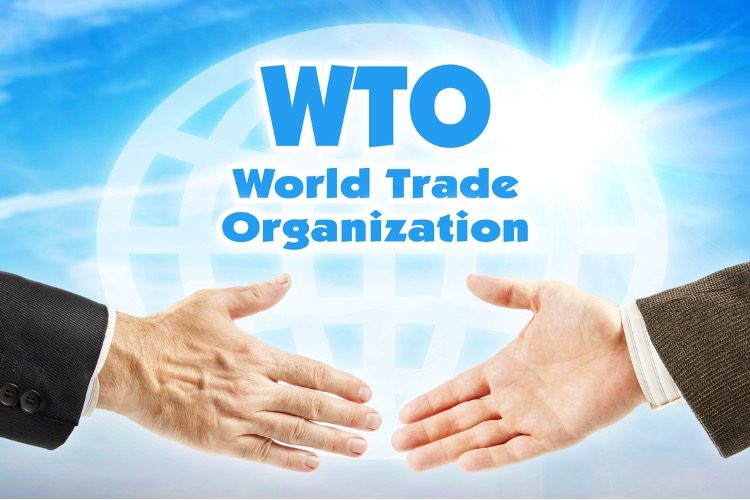
This week the biennial World Trade Organization conference is being held in Abu Dhabi, United Arab Emirates. There, representatives of the WTO’s 164 member countries are meeting at the 13th Ministerial Conference to discuss how to reinvigorate the declining globalist organization.
Founded in 1995 with strong backing from the United States, the WTO, a long-sought successor to the General Agreement on Tariffs and Trade (GATT), soon established itself as a de facto global trade ministry.
Designed to adjudicate trade disputes and to promulgate a global system of trade rules, the WTO’s power originally resided mostly in the organization’s Appellate Body, an international tribunal that ruled against the United States on a number of occasions during the organization’s early history. However, the Trump Administration effectively killed the Appellate Body in 2019 by blocking the appointment of new judges. The WTO, Trump administration officials said at the time, had gone too far in dictating trade and tariff policies to member states, including the United States.
As a result of the Trump administration’s policies, the WTO has seen a sharp drop in its influence, and globalists at the Abu Dhabi meeting are trying to figure out how to restore the organization’s prestige.
Near the top of this year’s agenda is reinstatement of the WTO’s judicial powers, a move favored by most member states not called the United States, because it would give them a powerful cudgel to alter U.S. trade policies to favor foreign countries. The Biden administration, however, appears reluctant to support the move, probably out of concern for election-year optics.
Other agenda items for the WTO this week include asserting more control over the world’s fisheries and keeping in place a ban on tariffs on so-called digital goods, i.e., streaming services and other digital transactions that cross international boundaries.
Although two very small countries, Comoros and Timor-Leste, are hoping to accede to the WTO this year, the organization is trying to fend off concerns of its growing irrelevance. In addition to the lapsing of its adjudicating authority, the rise in anti-globalist sentiment, coupled with growing international political fragmentation, bear witness to the decline of what was once one of the most powerful instruments of globalist agenda-setting.


